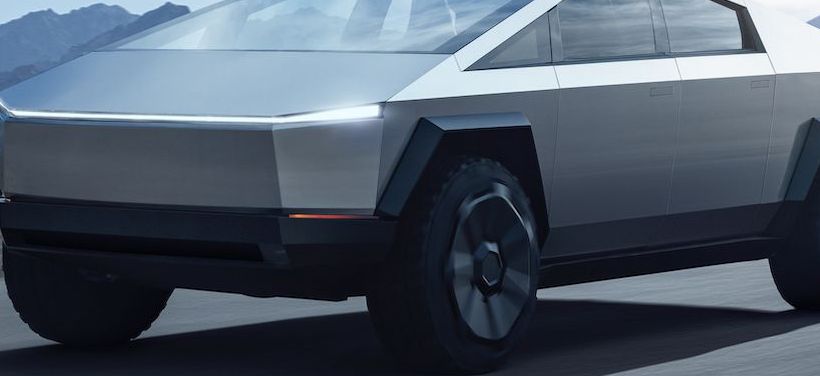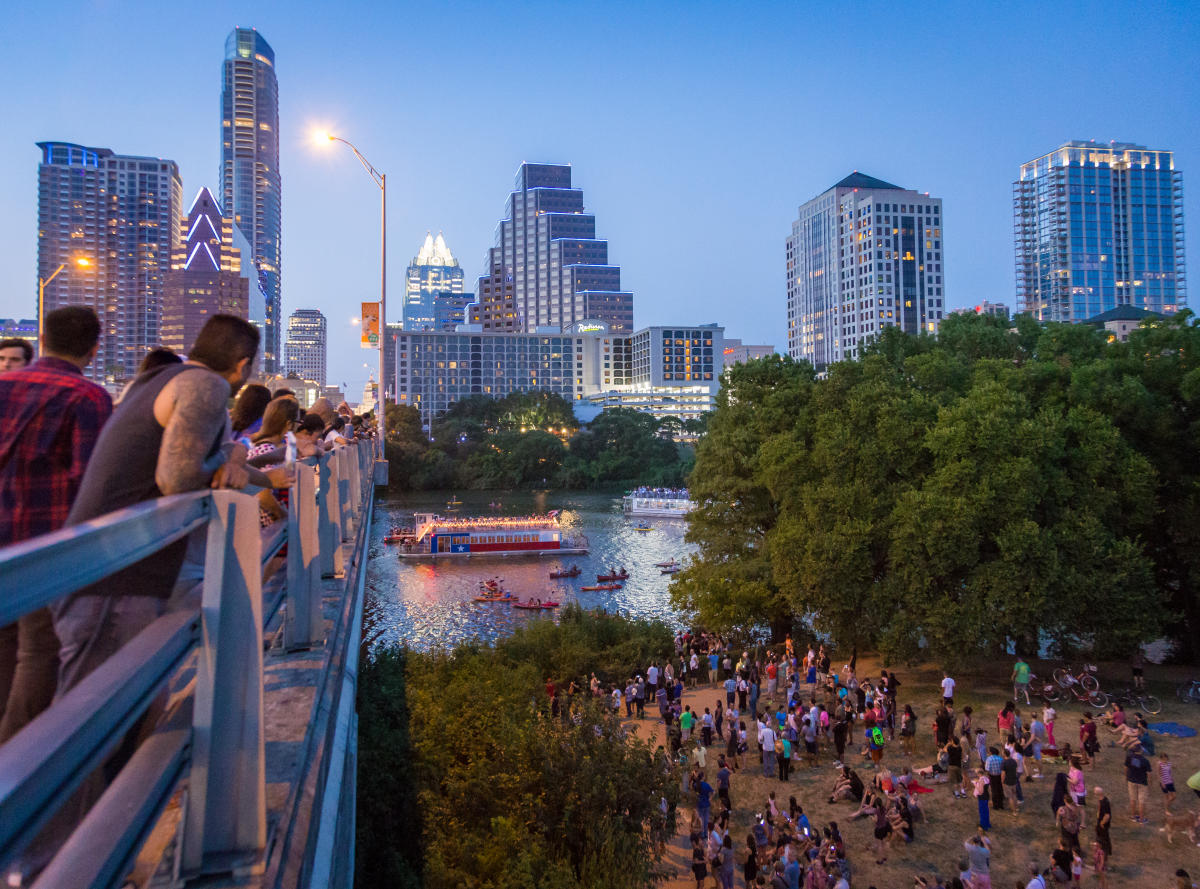See my
prior post for more details on Tesla's incredible inventory situation. Here, I want to highlight the parts relevant to interest rates: speed and deleting the warehouse from the factory design.
Speed of Inventory Turnover
Velocity of the value conversion from supply chain purchasing to final sale makes Tesla disproportionally less vulnerable to interest rate increases than competitors because they turn over cash more quickly. Read here on why
Cash Conversion Cycle matters.
In one extreme, if Tesla's cost of capital were at 0% annual interest, then carrying excess inventory would not have any opportunity cost of capital. Basically, they would not have any interest cost from lag time between paying for supplies and earning revenue from the customer at final sale time. This is similar to how a retail store has to pay to purchase each item in their stock well before a customer actually pays for it. The retail industry pays close attention to their average cash conversion cycle time because in their industry it's crucial because they are primarily inventory management specialists.
In the real world where interest is greater than zero, inventory does carry this cost in direct proportion to the price of buying the inventory. Thus Tesla, by carrying drastically less inventory across the whole value chain than competitors carry, economically gains a competitive advantage from an interest rate increase. Plus, as Elon has mentioned on multiple investor conference calls, the faster Tesla grows volume the better their capital efficiency, because typically they have contracts with suppliers providing 90-days to pay for orders. Explosive growth basically means that interest rates are even less relevant to inventory carrying costs for Tesla.
How big is this advantage? Bear in mind, this value chain analysis includes dealership inventory because Tesla handles its own distribution and marketing. and this is a big portion of the overall economics. According to the
2021 mid-year report of the National Automotive Dealer's Association (NADA) , in the USA alone dealership new car inventory was 1.4 million vehicles, or roughly
$56 billion worth at $40k average selling price with their typical 0% margin on the primary sale. The NADA data shows this is 28 days of inventory. And this is actually a record low; normally they carry triple this amount. For them, this decline in inventory is severely hurting their customer satisfaction due to often not having in stock what a given customer wants. Plus, people feel like they're being unjustly price gouged. In contrast, according to the Q4 report, Tesla has only
4 days worth of sales in inventory these days. Tesla wins by 7 times! But wait! That's counting all of Tesla's inventory including cars in transit to the customers, while the 28 days of sales is just for dealership inventory. So really, on inventory carried relative to their sales volume, Tesla is probably winning by a
full order of magnitude.
From an economic theory standpoint, in an efficient market it doesn't matter whether the inventory sits on the balance sheet of Ford or their independent dealers, because this cost and risk is already accounted for in negotiation of terms and prices between the two parties and the ownership rights are mostly just nominal without any real influence on the final outcome. The real world isn't this idealized but it's close enough to being true for this rough analysis.
Bottom Line: Tesla's direct-to-consumer online ordering sales system approach shines more when interest rates rise.
The Best Warehouse is No Warehouse
As discussed in my inventory post linked above, Tesla's amazing inventory management also mitigates the harm of rate raises because it means their business model eliminates the typical capital costs of a factory warehouse and its associated land and equipment.
It's one less thing they need to spend money on up front that isn't directly part of the cost of producing a car.





